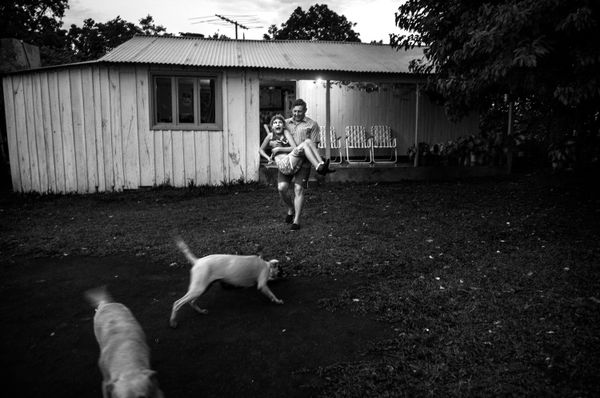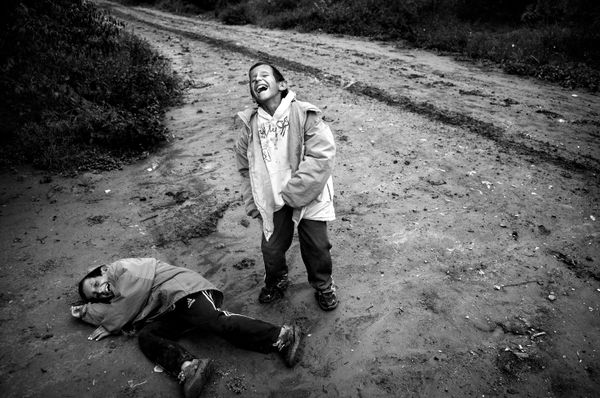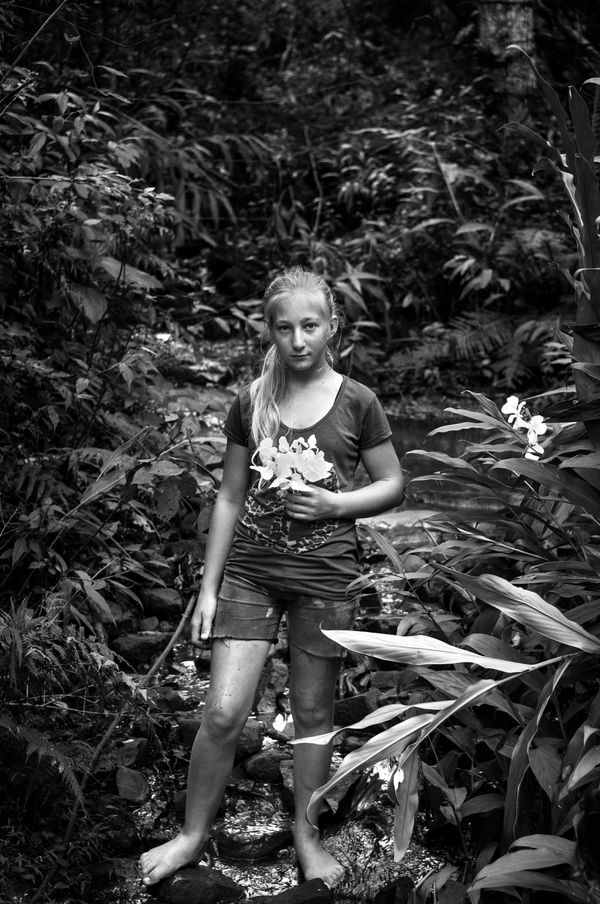The human cost of agrotoxins
-
Dates2014 - Ongoing
-
Author
- Topics Contemporary Issues, Documentary
The human cost of agrotoxinsThis reportage brings to light the effects of genetically-modified crops and the indiscriminate use of pesticides, which devastating impact affects the most vulnerable population groups.
The human cost of agrotoxins - Pablo E. Piovano
In 1996, the Argentinean Government approved the commercialization of transgenic soybeans and the use of the glyphosate herbicide. The decision to allow the use of these genetically modified organisms (GMOs) was taken without conducting any official research and taking as scientific evidence an investigation published by Monsanto Company. The administrative process to habilitate the use of the transgenic soybean cultivation took only three months. Since then the South American country became an experimental field.
In 2015, after almost two decades, over 24.5 million hectares, which represent the 60 percent of the country’s cultivated surface, were sprayed with 320 million liters of agrotoxins: 200 million liters of glyphosate and 120 million liters of other herbicides, insecticides and fungicides. The vast majority of those products are forbidden in most countries of the world. According to the information of the crop-sprayed towns, 13.4 million people are affected by this phenomenon. With a usage of agrotoxines of 7.6 liters per person, Argentina has one of the highest rates in the planet. This represents an increase of 1057% in twenty years.
The agrotoxines business in Argentina is lead by a group of 25 national and multinational companies, with a total profit of almost 3000 million dollars a year. Their profitability grew 36.5% last year, one of the highest performances in among the industrial sectors of the country. The agricultural system in Argentina is based entirely on poisons, biocides and herbicides that serve to eliminate weeds, insects, fungus, etc. There are 300 approved agrochemical compounds and every month 10 new are launched (many are prohibited in other places of the world). The law allows to up to 95 of those poisons, biocides and herbicides use in a single product like tomatoes or cotton, among others.Hundreds of investigations show the human and environmental damage of the agrotoxines. For example a health survey conducted by the Rosario National University showed that in the crop-sprayed towns the oncological rate is 2 or 3 times higher than the national average. In some of those towns, the cases of malformation in new born babies and the spontaneous abortion increased exponentially with the extension of the use of transgenic crop. Another research on vegetables and fruits randomly selected by La Plata National University revealed that between 70% and 80% of those products contained between 2 and 3 agrotoxines. A recent investigation by The National Scientific and Technical Research Council (CONICET) that was published by the International Environmental Monitoring and Assessment Magazine, showed that one of the most important river basins in South America, the Paraná River, is completely contaminated with glyphosate or AMPA (degradation of glyphosate). Another terrible consequence of the rulling agroindustrial model is the displacement of the native population and the massive logging of autochthonous trees.
Important media enterprises have perversely hidden the outrageous numbers of the affected population and became accomplices of those directly responsible like corporations, politicians and landowners. Along the Human history communities have feed themselves with the resources of the land. The last generation is eating products that are made in a laboratory, which raises questions about food safety. If corporations control food production public health is at risk. When that happens what is at stake is freedom.



















